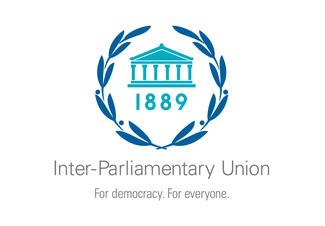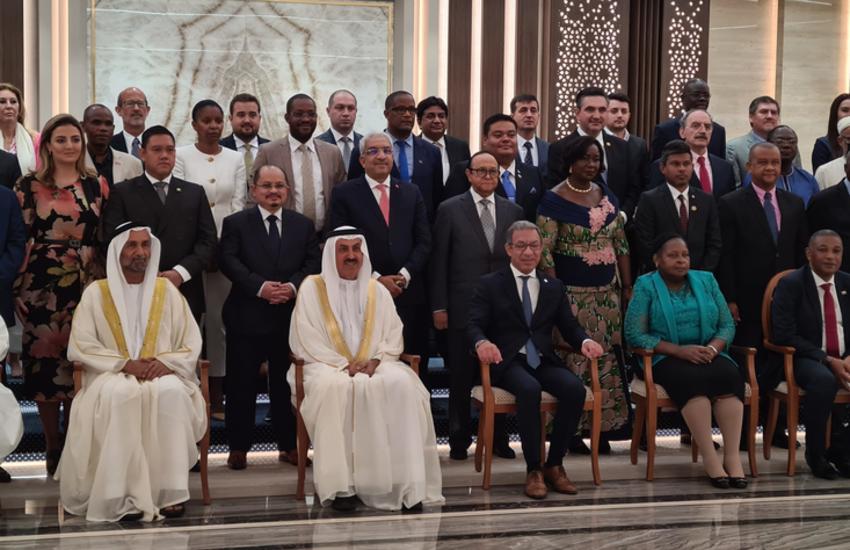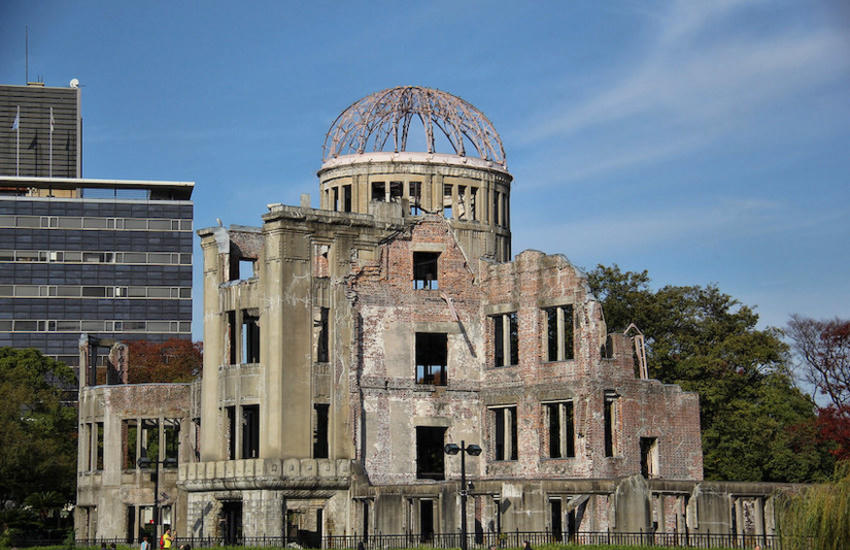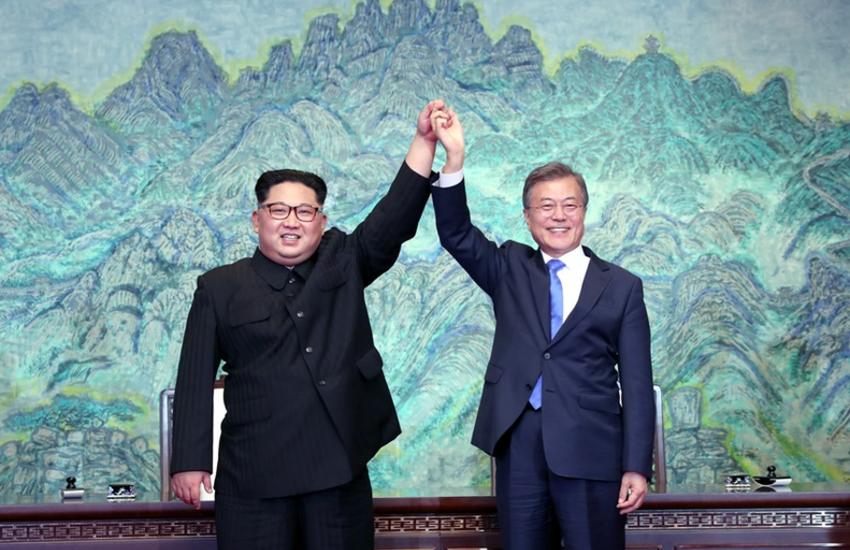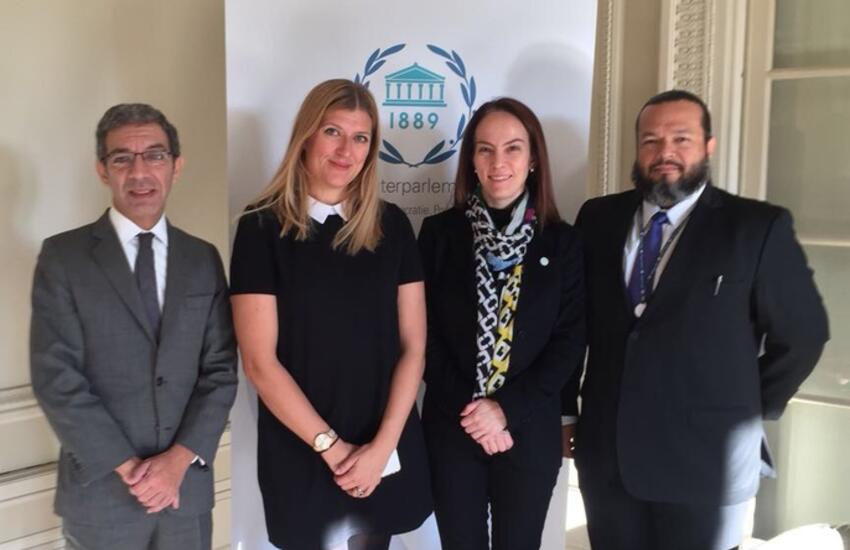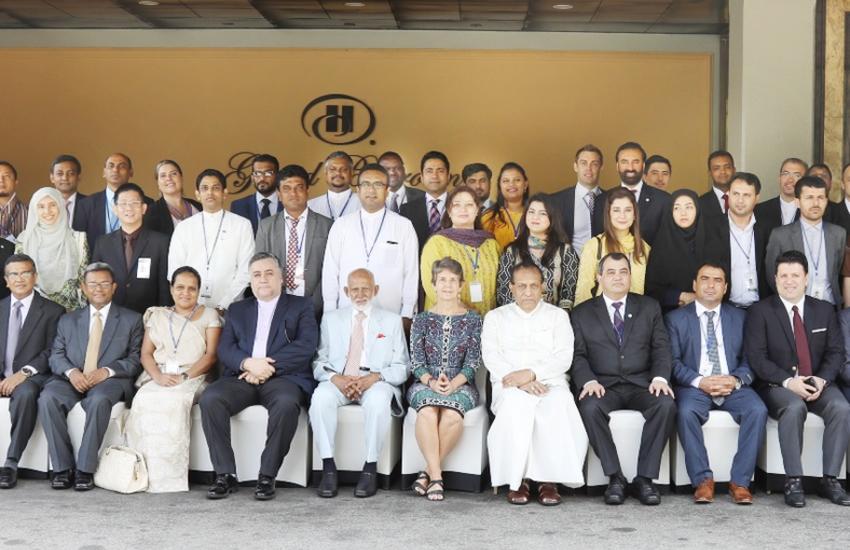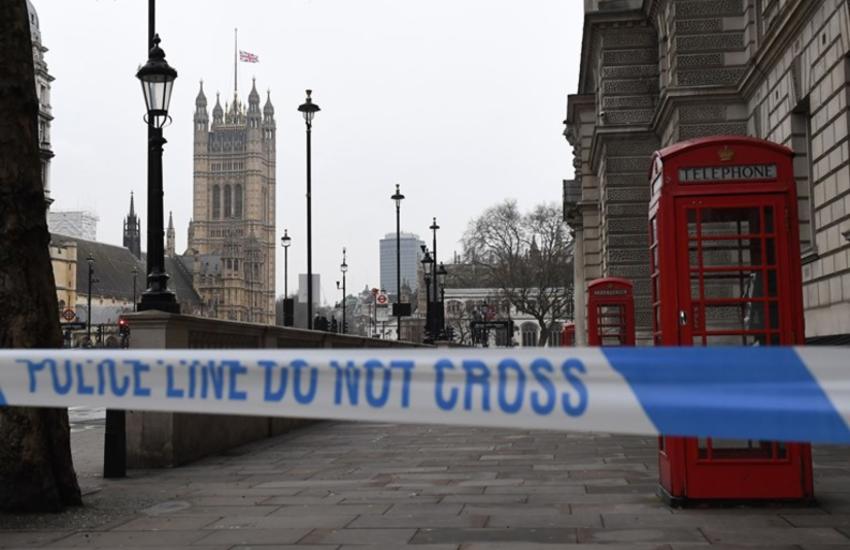Geneva, 8 May 2020
Dear colleagues, dear friends!
Victory day is celebrated in many countries of the world on May 8 and 9. And in spite of the fact that the official date of the end of the Second World War is September 2, 1945, its most bloody "Euro-Atlantic" part ended in May.
I am deeply convinced that we should avoid a repeat of the Second World War at all cost. It involved 62 states with 80% of the world's population at the time. The war was fought in 40 countries. The total human losses reached 60-65 million people, and at least half of them were civilians. Almost a whole generation - entire villages, families - was wiped off the face of the earth and buried in mass graves, some of which have not yet been identified.
I am confident that despite the increasing attempts of some countries to revise the results of the war, we should learn to objectively recognize the role and contribution of our countries to the Victory, regardless of the differences in political systems and ideologies that exist now. We will not be able to strive for peace until we learn to respect and accept our past.
Victory over nazism is our common heritage It should unite us and we should rightly be proud of it, rather than trying to use it as an opportunity to falsify history by taking advantage of the fact that fewer and fewer witnesses of those days remain.
At a time when all countries are facing the biggest challenge of the new millennium, the COVID-19 pandemic, with more than 3 million people infected, we are becoming increasingly aware every day of how important mutual support is to us and how much collective action against external threats can bring.
The COVID-19 epidemic has shown that all countries and people, poor and rich, are vulnerable to such threats and that it is impossible to solve such problems alone. It is therefore crucial not to follow the path of national selfishness, but rather to seek unity of effort and solidarity.
UN Secretary General António Guterres said the pandemic has become the biggest problem for the planet since the Second World War, stressing that the world now needs solidarity, as the disease affects societies, claiming lives and depriving people of their livelihoods. In terms of the scale of loss and destruction, it is, of course, impossible to compare it with either the First or the Second world wars, but the effects on politics and economics, society and consciousness are quite comparable.
Unfortunately, it was not in our power to prevent such force majeure, be it dangerous diseases, climate change or natural disasters, but, as historical experience shows, mankind can achieve a lot when it is united and politicians are able to forget about their differences.
IPU was founded 130 years ago and many of our members experienced the tragedies and brutality of the Second World War. We should have learned the lessons and yet somehow the hate speeches and nationalism of the past are coming back to the global scene. We are living new challenges with the pandemic affecting our health and economies, but our responsibility goes even further; as representatives of the people, as parliamentarians who believe in international cooperation, as members of the IPU with our principles and values, this emergency demands much more from us. We must be the voice calling for a common solution and increased dialogue. And, most importantly, after the pandemic we have to defend our democracies and fight for an early end of all measures restricting liberties and human rights. Then and now: For Democracy. For Everyone.
Gabriela Cuevas, IPU President





